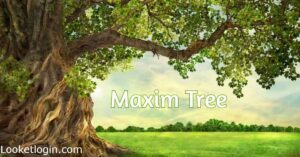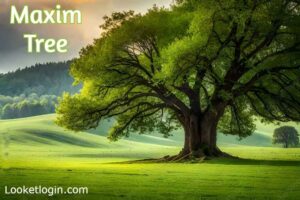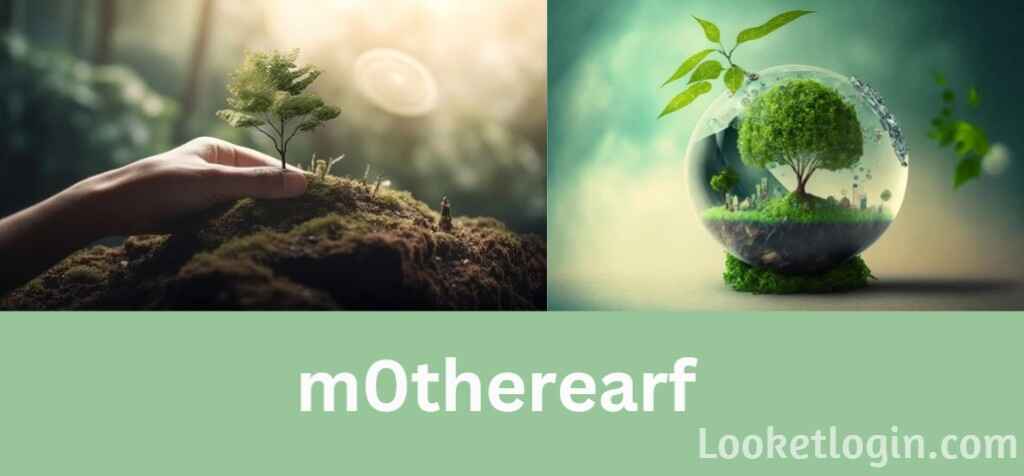In our fast-paced world, wisdom can be a valuable guide. From ancient philosophers to modern thinkers, insights passed down through generations help us navigate life.
These nuggets of wisdom, often encapsulated in short, memorable sayings, are called “maxims.” A maxim tree is a collection or compilation of these timeless truths, gathered to inspire and guide us.
In this article, we’ll explore the concept of the maxim tree, its significance, and how it can be a source of guidance.
Whether you’re searching for motivation, moral guidance, or practical advice, a maxim tree offers valuable insights to improve various aspects of life.
What is a Maxim Tree?
A maxim tree is essentially a compilation of maxims—a collection of short, impactful statements or proverbs. These sayings often provide moral lessons, practical wisdom, or life advice.
Like branches on a tree, each maxim represents an individual idea, but together they form a complete, structured guide for life.
Maxims can come from a variety of sources, such as philosophy, literature, religious texts, or even personal experiences.
The goal of a maxim tree is to gather these sayings into a single place, making it easy to refer back to when guidance is needed.
Why a Maxim Tree?
In life, we often encounter challenges. A maxim tree can serve as a tool for reflection and clarity during tough times. Here are some reasons why a maxim tree is beneficial:
- Inspiration: A maxim tree provides inspiration through short, impactful messages.
- Guidance: Life can be complicated. Maxims offer wisdom and help make sense of complex situations.
- Perspective: A maxim tree reminds us of universal truths and timeless values.
- Positivity: Reading maxims can help cultivate a positive mindset.
By creating or referencing a maxim tree, you have a resource that can inspire, comfort, and guide you.
Building Your Own Maxim Tree
Building a maxim tree is a personal journey. You can gather maxims that resonate with you, aligning with your values, goals, and challenges. Here’s how to start:
- Identify Topics: Think about areas in life where you seek guidance, such as relationships, career, or personal growth.
- Collect Maxims: Gather sayings from books, quotes, religious texts, or even advice from friends and family.
- Organize Your Maxims: Arrange them into categories for easier reference.
- Reflect and Add Over Time: A maxim tree is an evolving collection. Add new maxims as you encounter them in life.
Famous Maxims for Every Aspect of Life

Below are some timeless maxims organized by life area, to give you a glimpse into what a maxim tree might look like:
On Relationships
- “Treat others as you wish to be treated.”
- “A friend to all is a friend to none.” – Aristotle
- “Forgive others not because they deserve forgiveness, but because you deserve peace.”
Relationships can be challenging. These maxims remind us of the importance of empathy, boundaries, and inner peace.
On Success and Ambition
- “Success is not final, failure is not fatal: It is the courage to continue that counts.” – Winston Churchill
- “Strive not to be a success, but rather to be of value.” – Albert Einstein
- “Fortune favors the brave.” – Virgil
Success doesn’t come without effort. These maxims encourage persistence, courage, and focusing on creating value.
On Wisdom and Knowledge
- “The only true wisdom is in knowing you know nothing.” – Socrates
- “Knowledge is power.” – Francis Bacon
- “An investment in knowledge pays the best interest.” – Benjamin Franklin
The pursuit of knowledge is lifelong. These maxims emphasize humility, the value of learning, and the power that comes with understanding.
On Happiness and Fulfillment
- “Happiness is not something ready-made. It comes from your own actions.” – Dalai Lama
- “Do not dwell in the past, do not dream of the future, concentrate the mind on the present moment.” – Buddha
- “The purpose of life is not to be happy, but to be useful.” – Ralph Waldo Emerson
True happiness often comes from inner peace and being present. These maxims highlight actions, mindfulness, and finding purpose.
The Benefits of Reflecting on Maxims
Maxims provide guidance, but they can also deepen your self-understanding. Here are some ways a maxim tree can be transformative:
- Cultivating Resilience: Maxims encourage you to overcome obstacles, offering hope and determination.
- Building Emotional Intelligence: Reflecting on maxims about relationships can help improve your empathy and understanding.
- Inspiring Action: Many maxims are motivational, encouraging you to take action and improve.
- Boosting Confidence: Some maxims remind us of our capabilities, helping us face challenges with confidence.
Maxim Trees as a Source of Cultural Wisdom
Maxims are often rooted in cultural values. A maxim tree can reflect diverse perspectives, offering insights from various cultural backgrounds:
- Eastern Philosophy: Maxims from Eastern philosophy often emphasize balance, patience, and inner peace.
- Western Philosophy: Maxims from Western thinkers frequently highlight individualism, rationality, and the pursuit of knowledge.
- Religious Teachings: Many maxims come from religious teachings, focusing on moral values, compassion, and gratitude.
By including diverse maxims in your maxim tree, you gain a broader understanding of universal human values.
Using a Maxim Tree in Daily Life

Once you’ve built your maxim tree, here’s how to use it in your daily life:
- Daily Reflection: Read a few maxims each morning to set a positive tone for your day.
- Journal Prompts: Use maxims as prompts to reflect on specific life areas in your journal.
- Guidance for Decision-Making: When faced with tough choices, consult your maxim tree for wisdom.
- Sharing Wisdom: Share relevant maxims with friends or family when they’re seeking advice.
Using a maxim tree regularly can help reinforce positive thinking and deepen your understanding of life.
Maxim Tree in Business and Leadership
Maxims are valuable in business as well. Leaders and entrepreneurs often draw from maxims to inspire and guide their teams.
Here are some leadership-related maxims that could be part of a professional maxim tree:
- “Leadership is not about being in charge. It’s about taking care of those in your charge.” – Simon Sinek
- “A goal without a plan is just a wish.” – Antoine de Saint-Exupéry
- “Success is the sum of small efforts, repeated day in and day out.” – Robert Collier
A maxim tree tailored to business can remind teams of core values, encourage collaboration, and inspire perseverance.
Maxim Tree as a Self-Care Tool
Self-care is about nurturing your mental, emotional, and physical health. A maxim tree can be an excellent tool for self-care, offering comforting reminders and encouragement. Here are some examples:
- “This too shall pass.”
- “Take rest; a field that has rested gives a bountiful crop.” – Ovid
- “Self-care is not a luxury; it is a necessity.”
Maxims like these can help reduce stress and remind you to prioritize your well-being.
Maxim Tree and Personal Growth
Personal growth is a journey. A maxim tree can support that journey by providing insights and reminders to help you evolve. Here’s how maxims can aid personal growth:
- Encouraging Self-Reflection: Maxims often encourage self-awareness and reflection.
- Motivating Change: They inspire you to let go of old habits and adopt positive new ones.
- Celebrating Progress: Maxims remind you to acknowledge and appreciate your growth.
Examples of growth-focused maxims include:
- “The journey of a thousand miles begins with a single step.” – Lao Tzu
- “Be the change you wish to see in the world.” – Mahatma Gandhi
How a Maxim Tree Benefits Society
When more people engage with maxims, society as a whole can benefit. A maxim tree helps spread values like kindness, resilience, and integrity, making communities stronger and more compassionate.
- Encourages Compassion: Maxims about kindness inspire people to care for others.
- Fosters Responsibility: Maxims remind individuals of their roles in society, encouraging responsible actions.
- Promotes Ethical Behavior: A maxim tree emphasizes moral values, which can lead to a more ethical society.
Digital Maxim Trees
With technology, maxim trees are more accessible than ever. Many apps and websites offer daily maxims and allow you to create a digital collection of quotes and sayings.
A digital maxim tree can be accessed anytime, making it easier to carry words of wisdom wherever you go.
Creating a Family Maxim Tree
Families can create a shared maxim tree to pass wisdom from one generation to the next. Each family member can contribute favorite sayings, creating a unique collection that reflects shared values.
This can become a cherished family tradition, offering guidance and a sense of continuity.
Conclusion
A maxim tree is a powerful source of wisdom, offering guidance for personal growth, relationships, career, and more.
It’s a collection that can evolve over time, reflecting both universal truths and personal insights.
Whether you build your own or explore existing maxims, a maxim tree can provide comfort, encouragement, and inspiration.
By integrating these timeless sayings into daily life, you can cultivate resilience, clarity, and a deeper understanding of yourself and the world.





